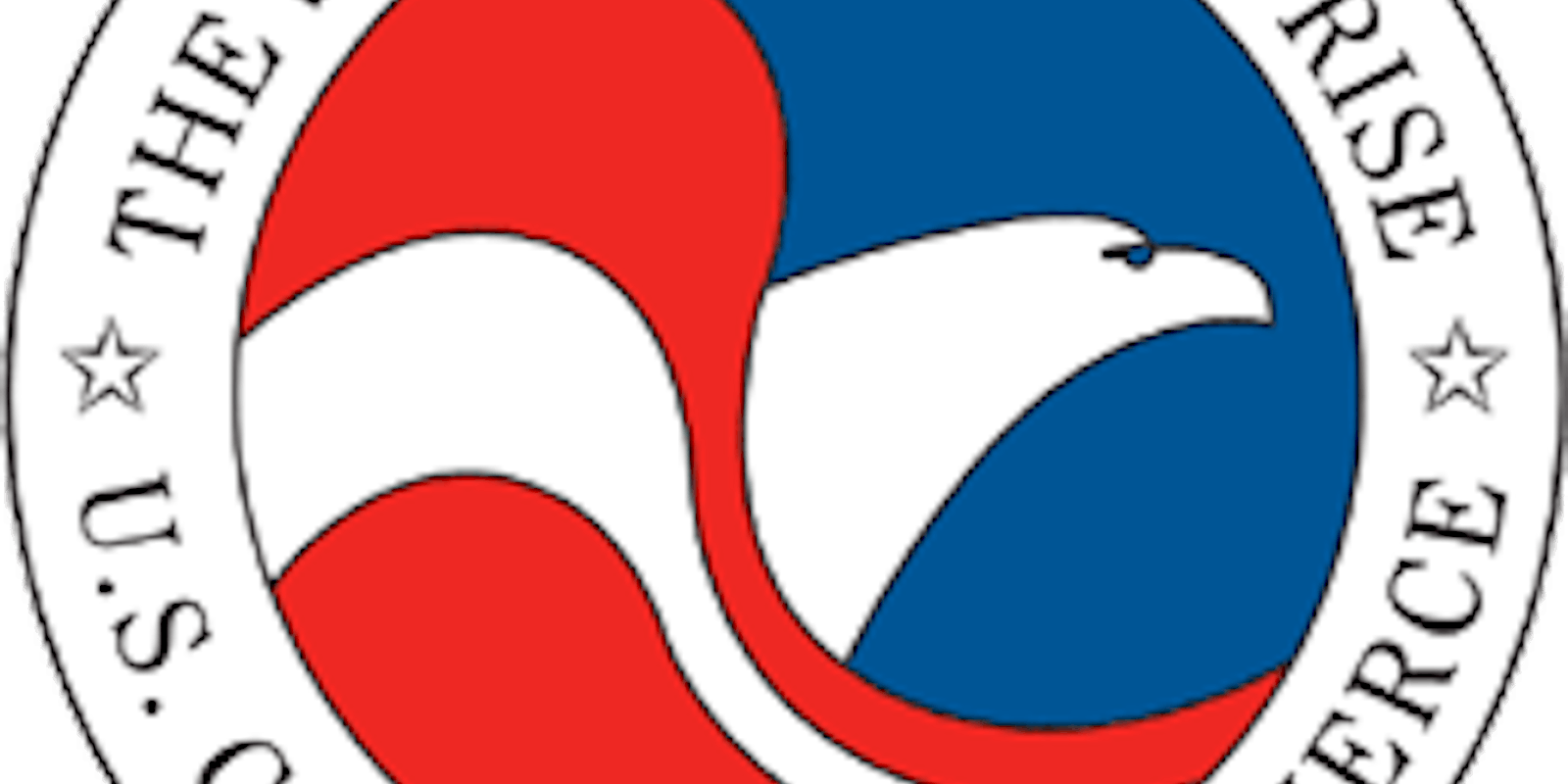A new study by the Chamber of Commerce has provoked fears that the next iteration of the Stop Online Piracy Act (SOPA) will come wrapped in claims of protecting America’s economy and labor force.
According to a study by the U.S. Chamber of Commerce’s (CoC) Global Intellectual Property Center, intellectual property is intrinsically connected to the American economy—to the tune of $5 trillion in annual revenue and 55.7 million jobs.
It’s a astonishing claim—that more than a third of the country’s gross domestic product and 46% of the country’s jobs, respectively, depend on protecting creative ownership rights.
The CoC is openly in favor of protecting intellectual property—it even titled the study IP Creates Jobs for America. A press release quotes a GIPC vice president as saying “industries employing tens of millions of Americans … hinge on intellectual property rights and enforcement thereof.”
But at places like social news site Reddit, may worry this may be used to justify the next iteration of SOPA, which critics claimed could destroy the Internet as we know it.
As malinch noted in one of the a discussions on Reddit, the CoC’s definition of intellectual property downloading pirated software with creating and selling counterfeit goods.
“[Intellectual property] … cannot be handled like a generic problem that has a generic solution” he wrote. “They shouldn’t be allowed to talk about counterfeited products and piracy as the same problem.”
To be fair, the CoC’s study doesn’t specifically call out Internet piracy. However, the Department of Homeland Security’s intellectual property enforcement agency shuts down rings of counterfeit goods and websites that violate American copyright with equal aplomb.
As some have speculated, an effort to connect protecting intellectual property with jobs might be what Chris Dodd, the President of the Motion Picture Association of America, was talking about when he hinted about a 2013 version of SOPA that would be easier to sell to the public. The MPAA was one of SOPA’s major lobbyists.
The MPAA’s next legislative effort will “have to be more subtle and consumer-oriented,” Dodd said.
The difference between those two approaches was highlighted by Senator Chris Coons (D-DE), who attended the official announcement of IP Creates Jobs for America.
A co-sponsor of the Protect IP Act (PIPA), regarded as SOPA’s sister bill, Coons said he came to realize that SOPA “really did pose some risk to the Internet” after his son awoke him to ask “why I wanted to break the Internet,” he said.
Nevertheless, Coons indicated he was swayed by the CoC’s study, saying protecting intellectual property is important to “all states, big or small.”
Photo via Wikipedia Commons


